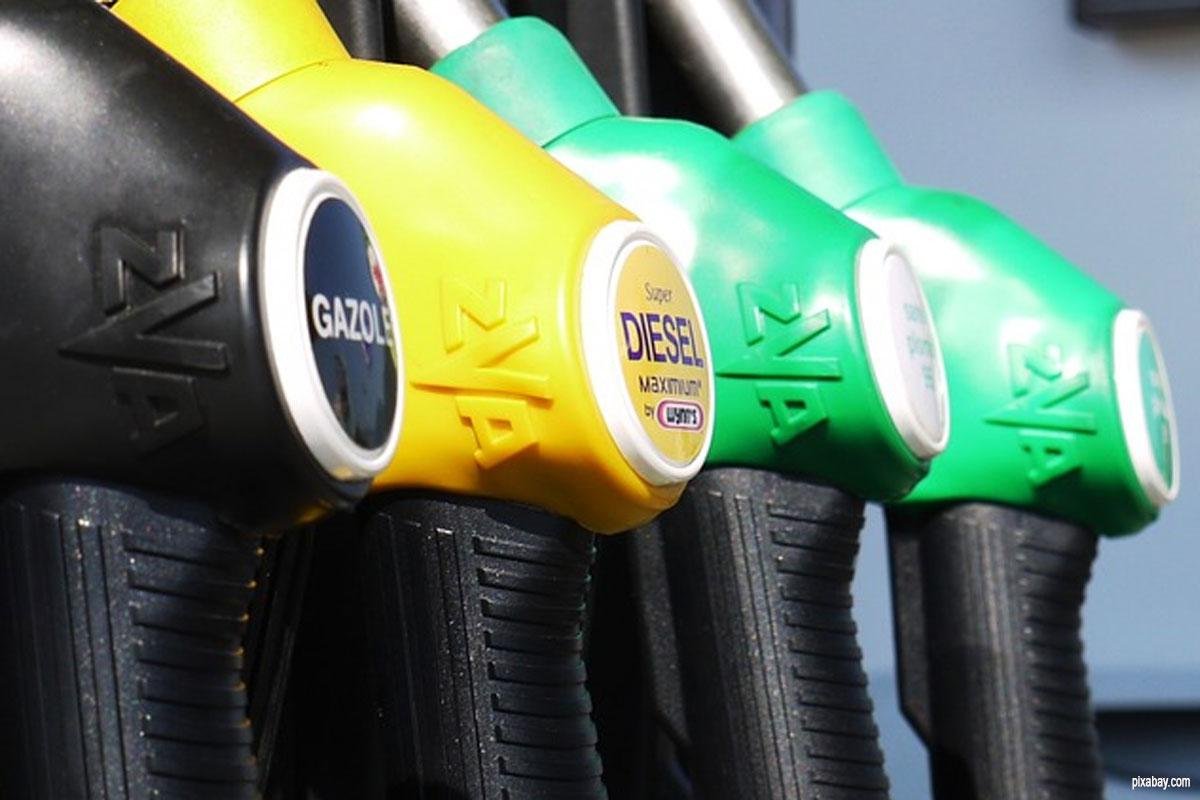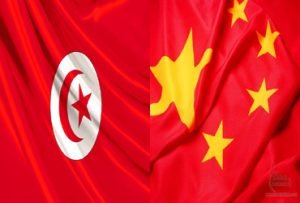Tunisia will raise fuel prices in the coming days but hold off increasing public wages this year to meet terms of the International Monetary Fund (IMF) for its next loan tranche, a government official and diplomatic sources said.
The North African country also plans to sell Eurobonds worth $1 billion over the next two weeks to help fund a budget hammered by a deep economic crisis, the official told Reuters.
The new austerity measures are likely to meet resistance from the powerful labour union UGTT and people tired of austerity, galloping inflation and political instability since the toppling of autocrat Zine El-Abidine Ben Ali in 2011.
Tunisia agreed with the IMF in December 2016 on a loan programme worth around $2.8 billion to overhaul its ailing economy with steps to cut chronic deficits and trim bloated public services, but progress has been slow.
An IMF delegation visited Tunisia this week to review with officials the next tranche worth around $250 million which, if approved, would bring total payments since 2016 to $1.2 billion.
The government official said that fuel prices would rise by 0.070 dinar ($0.027) a litre in the coming days, the third hike this year but below the 0.100 dinar the IMF had asked for, as the government has whittled down subsidies on imported fuel.
For 2018, Tunisia had budgeted 1.5 billion dinars in subsidies but with a recent rise in global oil prices it would have to spend 4 billion to avoid a rise in pump prices, he said.
“The IMF is demanding that the (fuel price) increase in all 2018 be about 0.500 dinar, but we want the adjustment to be acceptable to curb inflation,” the official said.
To appease donors, Tunisia also wants to delay a public salary increase considered for 2018 until next year though this needs to be negotiated with the labour unions, he added.
TunisianMonitorOnline (Reuters)




